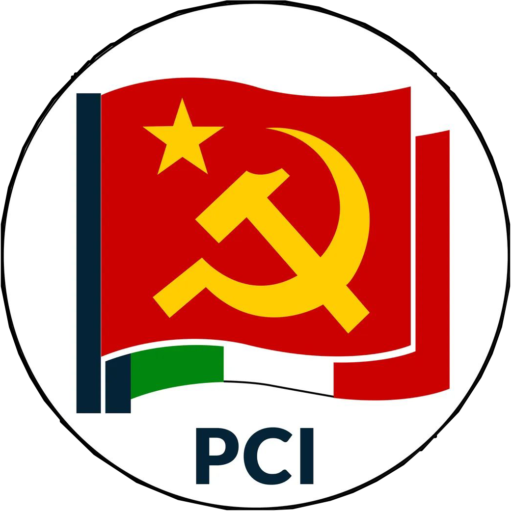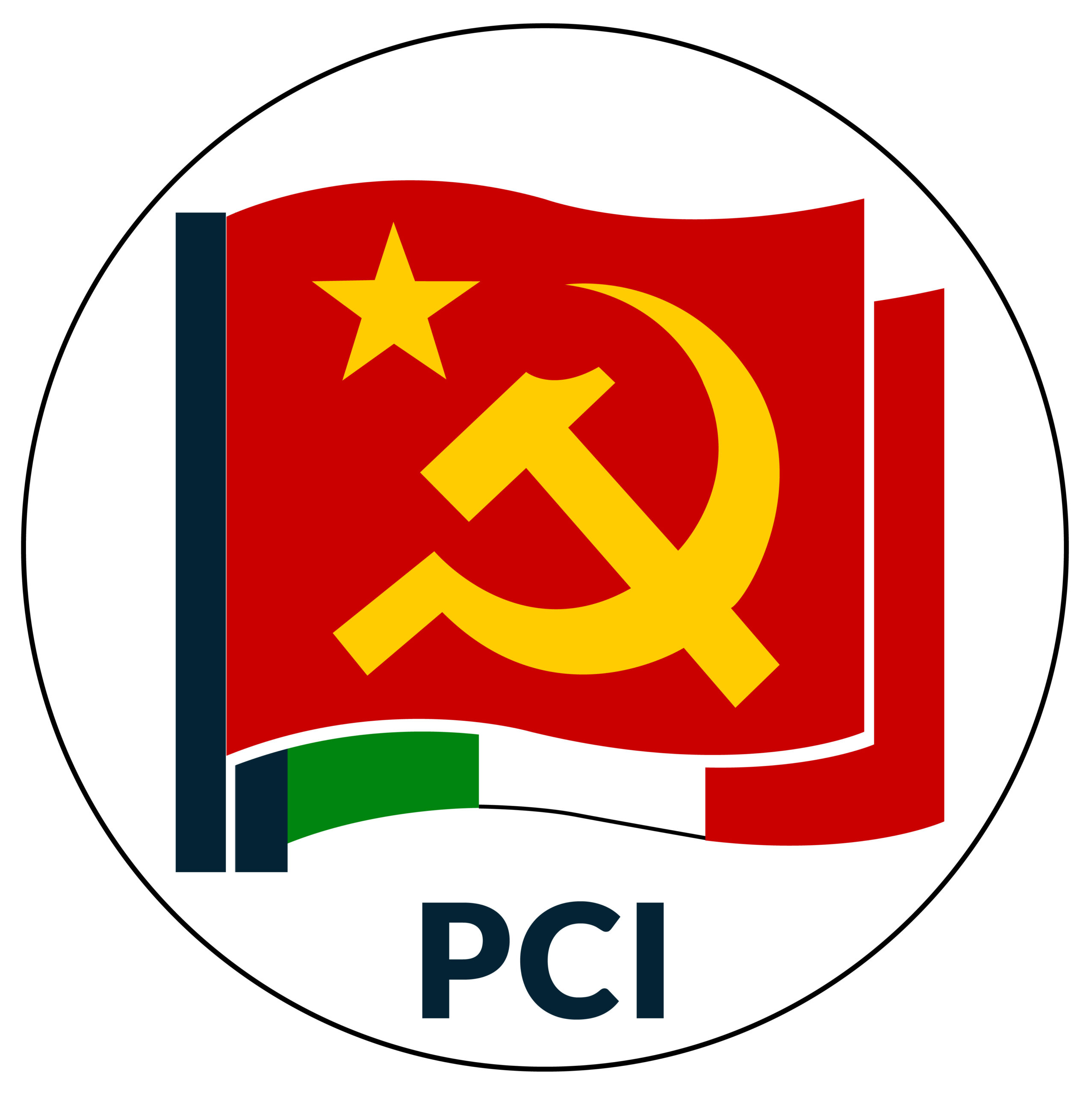The outcome of the vote for the renewal of the European Parliament is unequivocal.
With it, an increasing number of voters have decreed a heavy retreat of the forces associated with the popular, socialist and liberal parliamentary groups, i.e. the groups that are largely responsible for the policies that have been established over the years under the banner of liberalism, austerity, and therefore the crisis of the European Union that has emerged.
This vote strengthens the political forces that observers generally call souvereignists, a set of markedly right-wing forces that have long since shown their face and that pose serious concerns for the democratic future of the countries concerned, of Europe itself. Several of them are in first place in countries such as France, the United Kingdom, Hungary and Italy.
This vote also marks a serious setback for the forces of the parliamentary group of the GUE/NGL, whose alternative political proposal, on the left, was not perceived by the electorate as the appropriate response to the crisis in the European Union.
The repercussions of the vote on the balance of the European Parliament are significant, and in the coming weeks there will be a heated debate aimed at determining new ones, about the allocation of key posts, a debate that will also tell much about whether and to what extent European policies, particularly economic policies, will change.
Regarding our country, the vote for the renewal of the European Parliament, confirming the fickleness of the electorate, the disappearance of any traditional recurring vote decision, has led to profound changes in the political framework.
The League has obtained more than 34% of the votes becoming the first party, followed by the PD, which despite losing more than 100000 votes compared to the last general elections is over 22%, the M5S, which loses more than 6 million votes halving the consensus obtained in the same elections, Forza Italia, which falls below the threshold of 10%, confirming its decline, by the Brothers of Italy (Fratelli d’Italia, Extreme right), which with more than 6% recorded a significant advance. These five political forces are the only ones that bring parliamentarians to Europe.
In line with what has happened in many other European contexts, The Left (Rifondazione Comunista and other left forces) registers a very negative result, only to a very small extent attributable to the “call for a useful vote” that has rewarded the PD, going from more than 4% of the previous European elections, which had allowed it to elect 3 of its representatives, to 1.7%. A negative result, that attributable to the “wide field of the left”, completed by 0.8% of the votes went to the PC. A result that cannot but question the future prospect of the left.
The situation that has arisen after this vote, largely confirmed by the outcome of the local elections held in conjunction with different territorial entities of the country, can not but have repercussions on the same stability of the Government Conte. The internal balances of the same, in fact, have been overturned in favour of the League, to the detriment of the M5S, which confirms its downward parabola. What is looming is a scenario from which the recourse, in the short term, to new political elections cannot be excluded, in which a right-centre formation can propose itself as a favourite.
The PCI, which for the known reasons could not present itself as such at the European elections, in view of the given situation can only confirm its position on the European Union, stressing the need to put in place a capacity for analysis, proposal, action, able to effectively counter policies, the very idea of Europe that the great transnational capital has managed to affirm, the prevailing policies, and to propose a possible alternative, as well as necessary.
What is needed is another Europe, from the Atlantic to the Urals, a Europe that has its raison d’être in an advanced social dimension, protecting it, a Europe of democracy, of cooperation between sovereign states with equal rights, aimed at peace, cooperation and solidarity with the world.
In relation to the Italian reality, the PCI can only reiterate its firm opposition to the policies of the government in office, which, in the face of the outcome of the vote, risk being characterized even more as right-wing policies (emblematic in this regard is the question of the flat tax, the security decree bis), promoting articulated initiatives aimed at making known its alternative proposals for a social and political change of Italy strongly anchored in the Republican Constitution.
In relation to the given situation, on these positions, the PCI will promote in the next few days an articulated initiative aimed at the maximum possible unity with all the communist forces and the alternative left involved.
Unity in diversity is the answer to be given to the crisis with which they are called to deal.
Rome, 28 May 2019
The National Secretariat of the PCI


